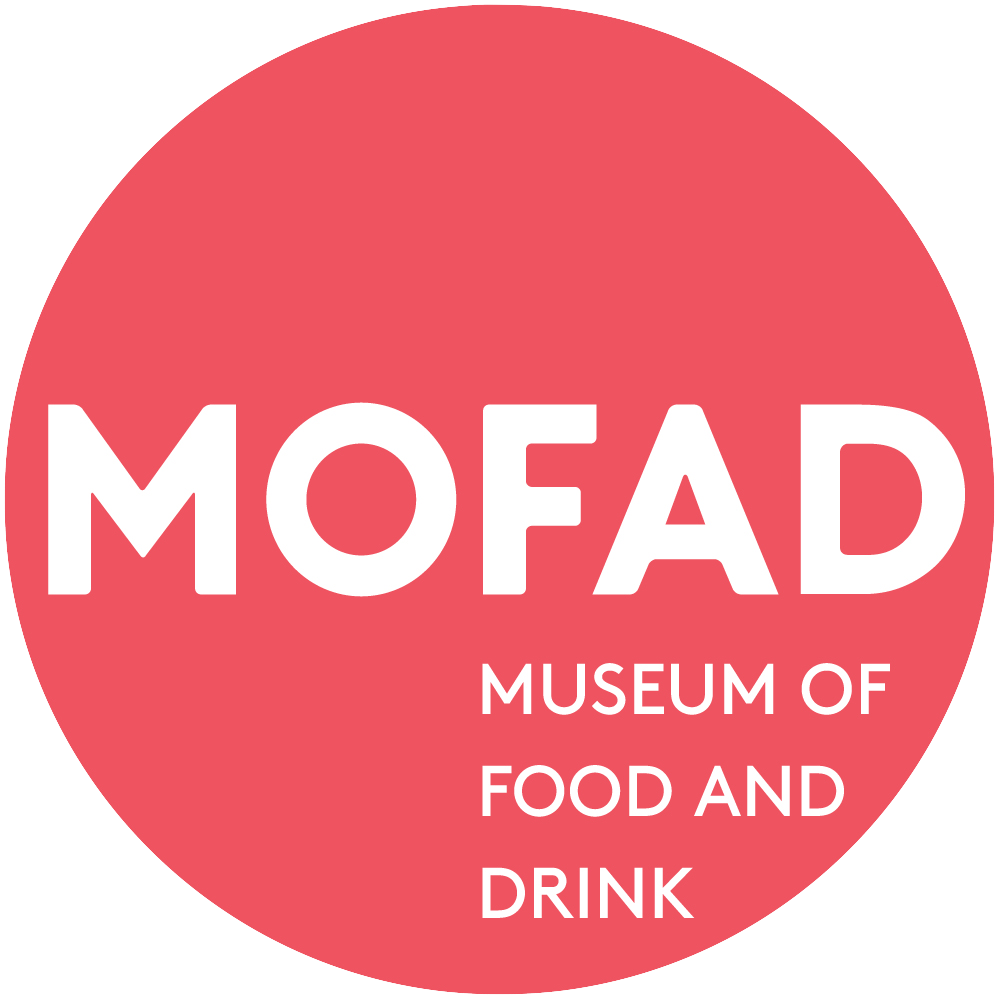In January, before Coronavirus had made its way to the United States, Jenny Zhang wrote for Eater, “The outbreak has had a decidedly dehumanizing effect, reigniting old strains of racism and xenophobia that frame Chinese people as uncivilized, barbaric “others” who bring with them dangerous, contagious diseases and an appetite for dogs, cats, and other animals outside the norms of Occidental diets. These ideas, perennially the subtext behind how Chinese people are viewed by the Western gaze, have been given oxygen anew after preliminary reports linked the coronavirus outbreak to a Wuhan wet market where produce and meat are sold alongside livestock and more exotic wildlife like snakes, civet cats, and bamboo rats; and to bats, which are frequent carriers of viruses that cause human disease.”
Once COVID swept the shores of the United States, incidents of racist slurs and acts of violence towards Asians and Asian Americans in the United States began to dramatically increase. Fueled by anti-Chinese sentiment coming from the White House, reports of harassment became ubiquitous, with individuals and restaurants reporting occurrences of targeted racism. Even non-Chinese restaurants began to receive threats. In one instance, “Stop Eating Dogs” was graffitied on the vestibule of a Michelin-starred Korean restaurant in New York City. Furthermore, an online video of a Chinese Woman from Wuhan eating a whole bat was circulated among news outlets such as the Daily Mail and RT. However, the video was filmed in the Republic of Palau, a Pacific Island nation 4400 kilometers away from China.
For the second event in our new series The Takeout, join a panel of esteemed journalists, food professionals, and academics as they interrogate some of the misconceptions and food taboos that have led to xenophobia and racist tropes, explicitly the Sinophobia that’s emerged as a result of the Coronavirus allegedly originating in a wet market in Wuhan.
JENNY DORSEY
Jenny Dorsey is a professional chef, writer, speaker and founder of Studio ATAO, a nonprofit community organization that creates interdisciplinary content + experiences at the intersection of food, art, technology and social impact. She writes and speaks often about food as identity, and recently delivered a TEDx on that topic titled "How Food Can Be A Source of Identity, Intimacy and Vulnerability". Her full biography and bylines are available at https://www.jennydorsey.co.
JING GAO
Jing Gao, the founder and CEO of Fly By Jing is a chef, entrepreneur and a renowned expert on Chinese cuisine on a mission to bring uncensored Chinese flavors to the table. She’s the founder of an award-winning modern-Chinese fast-casual restaurant in Shanghai and prior to her career in food, she worked in brand management at P&G and led product marketing and strategic business development for Blackberry and frog Design.
SOLEIL HO
Soleil Ho is the restaurant critic of the San Francisco Chronicle.
SAHRA NGUYEN
Sahra Nguyen is the founder & CEO of Nguyen Coffee Supply -- the first-ever Vietnamese- American and woman-owned importer, supplier, and roaster of green coffee beans from Vietnam. On a mission to transform the coffee industry through diversity, inclusion, and transparency, Nguyen Coffee Supply has been featured in the Wall Street Journal, VICE, New York Magazine, New York Times, Forbes, Fortune, and honored with the 2019 StarChefs Rising Star Award. Early January 2020, Imbibe Magazine featured Sahra Nguyen as one of the #Imbibe75 -- people, places, and directions that will shape the way you drink in 2020.
KRISHNENDU RAY
Krishnendu Ray is an Associate Professor and Chair of the Department of Nutrition and Food Studies at NYU. He is the author of The Ethnic Restaurateur (2016) and The Migrant's Table (2004). He co-edited Curried Cultures: Globalization, Food and South Asia (2012). He was the President of the Association for the Study of Food and Society (2014-18) which is an international consortium of Food Studies programs. He was a faculty member for a decade (1996-2005) and for a short time an Associate Dean of Curriculum Development at the Culinary Institute of America.
FRANK SHYONG
Frank Shyong is a columnist for the Los Angeles Times writing about diversity and diaspora in Los Angeles. He grew up south of Nashville, Tenn., and moved to Los Angeles in 2006 to study economics at UCLA. He joined The Times in 2012 and previously reported on the San Gabriel Valley, Chinese immigration to the Southland and the Asian American community.
Support WELCOME TO CHINATOWN, an initiative collecting donations that will be used to purchase and deliver meals from New York City‘s Chinatown restaurants to essential workers.








